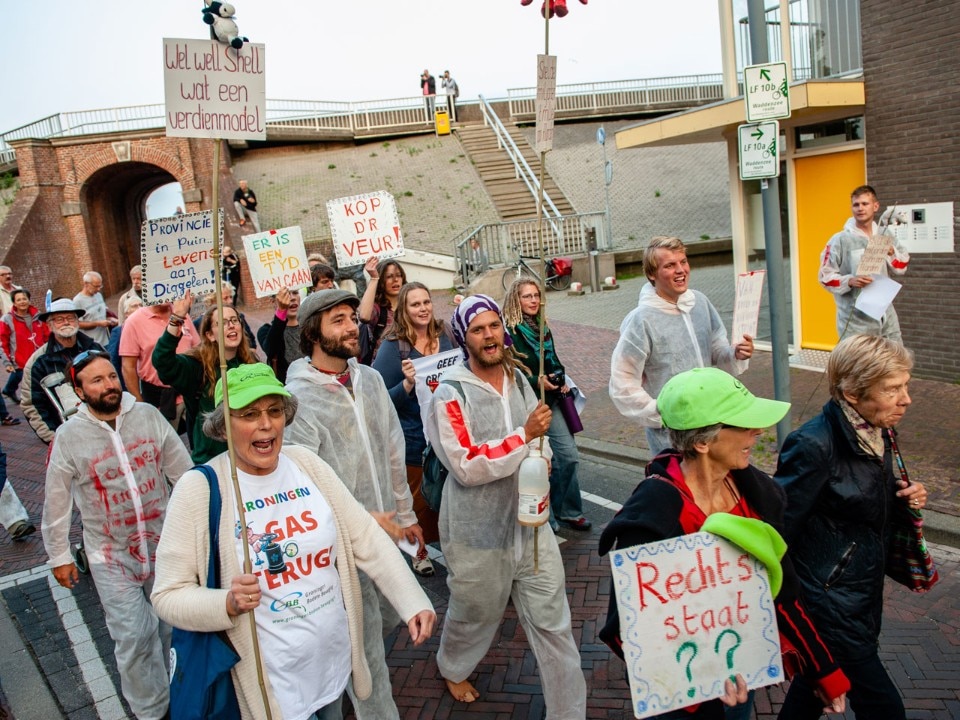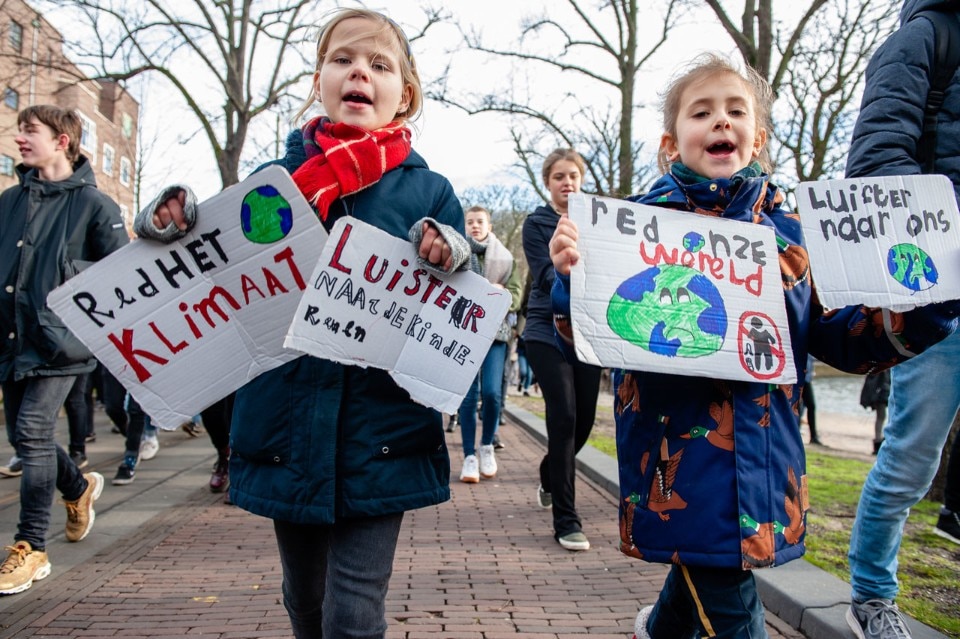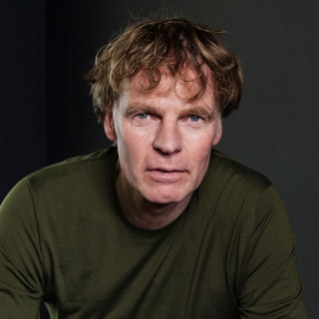Through the voices of the Dutch historian Rutger Bregman and sixteen year-old activist Greta Thunberg at the Davos Forum, a new generation is crying out for action. The world is changing and we need to react accordingly. Solving climate change. Solving poverty. Solving social tensions and conflicts. And let us not forget creating beauty in places. This leads to new spaces, new plans and new maps.
A number of initiatives are shaping this new global outlook. Can they help to advance those much-needed actions?
China’s new Silk Road – the Belt and Road Initiative – marks the start of a new world order. China has found a way to connect itself to the rest of the world, knitting Eurasia, Australia and Africa closer together. The Belt and Road Initiative is materialising decades of international trade in land and sea routes. In the March issue of Domus, we present you with some of the surprising spatial implications of this new fact. Madrid, once the centre of a worldwide colonial empire, suddenly finds itself at the end or the beginning of the road to Beijing. Whether we like it or not, this is happening now. We can see it as a threat or as an opportunity. But in any case it is a given, and the question is not whether it will happen but how best to deal with this new reality.

Both Schijndel, the village where I grew up, and Rotterdam, the city where I work, were destroyed during World War II. Almost 75 years later we are still working on the post-war reconstruction, and I have participated actively in those efforts with the Glass Farm in Schijndel and the Markthal in Rotterdam. To me, in this way the war is still close by, and living and working in Rotterdam I am continuously reminded of its devastating effects. The foundation of the European Union is based on this very fact, that after centuries of warfare we are striving for a better and more peaceful future together.
It is for this reason that in the month of the planned Brexit (how sad) we are publishing an anti-cyclical idea of a future in which the European Union becomes an inclusive global union, open to all states that fulfil the requirements. We present you with the positive fiction of Planet Europe, in which all countries in the world are united. Strangely, this perhaps naïve and idealistic thought is most often expressed in science-fiction movies in which aliens attack earth and humans are forced to work together. But here we indulge for a moment in the idea of a united planet simply based on the desire for peace, prosperity and human rights.

As I write these words, schoolchildren in Holland and Belgium are marching the streets to protest against governments that refuse to tackle climate change. Two of my sons are students and engaged in the protest against the destruction of nature through mining. It makes me very happy that the coming generations do not accept further destruction of the planet. And I feel enormously guilty that we have waited far too long. In this issue you can read all about the sheer scale of global mining and the growing outcry against it.


